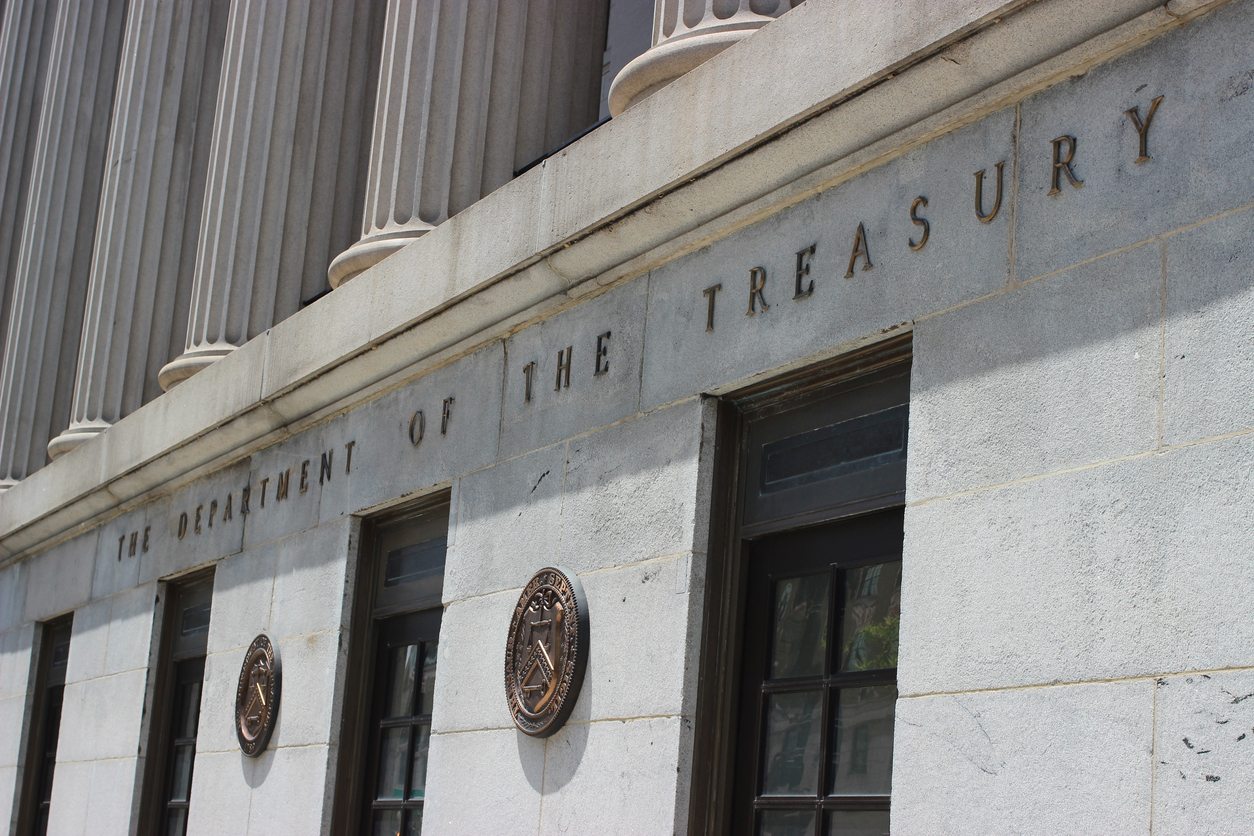The Trump administration has proposed revoking a legislative requirement that would require companies to publish the pay ratio between their CEOs and employees.
This requirement was due to take effect for fiscal years beginning after December 31, 2017, meaning the first pay ratio disclosures would take place in early 2018.
The proposal to revoke the requirement is part of a raft of proposed changes to the Dodd-Frank Act, which were included in a report published on Friday by the Treasury Department. The Act was introduced in 2010 by the Democrats as part of a post-crisis series of reforms to financial institutions.
The Treasury report claims that the requirement to disclose the pay ratio is “not material to the reasonable investor for making investment decisions.”
The pay ratio rule has long faced criticism
The pay ratio rule has long been unpopular with Republicans, who argue that disclosure requirements are a disincentive to companies going public. “Such requirements impose significant costs upon the public companies that are widely held by all investors,” the report states.
The report links the regulatory burden with a decline in the number of publicly listed companies in the United States, which it says have decreased almost 50% in the last 20 years.
The proposed rule has also been criticized by some business advocacy bodies, which argued that pay disclosure could cause internal unrest at companies.
Changes designed to “spur economic growth”
Friday’s report stems from an executive order signed by President Trump which tasked Treasury Secretary Steven Mnuchin with reworking financial rules to align with the new administration’s aims.
“The U.S has experienced slow economic growth for far too long,” Mr Mnuchin said on Friday. “By streamlining the regulatory system, we can make the U.S capital markets a true source of economic growth,”
David Hirschmann, CEO of the US Chamber of Commerce’s Centre for Capital Markets Effectiveness, welcomed the report. “The Treasury Department’s report offers a blueprint to unlock the resources needed to spur economic growth and job creation,” he said.
However, the proposal is expected to be met with criticism from Democrats, unions and workers’ rights advocates.
Democratic Senator Carolyn Maloney has previously described efforts to wind back the Dodd-Frank Act as a “middle finger to consumers, investors, regulators and markets.”







